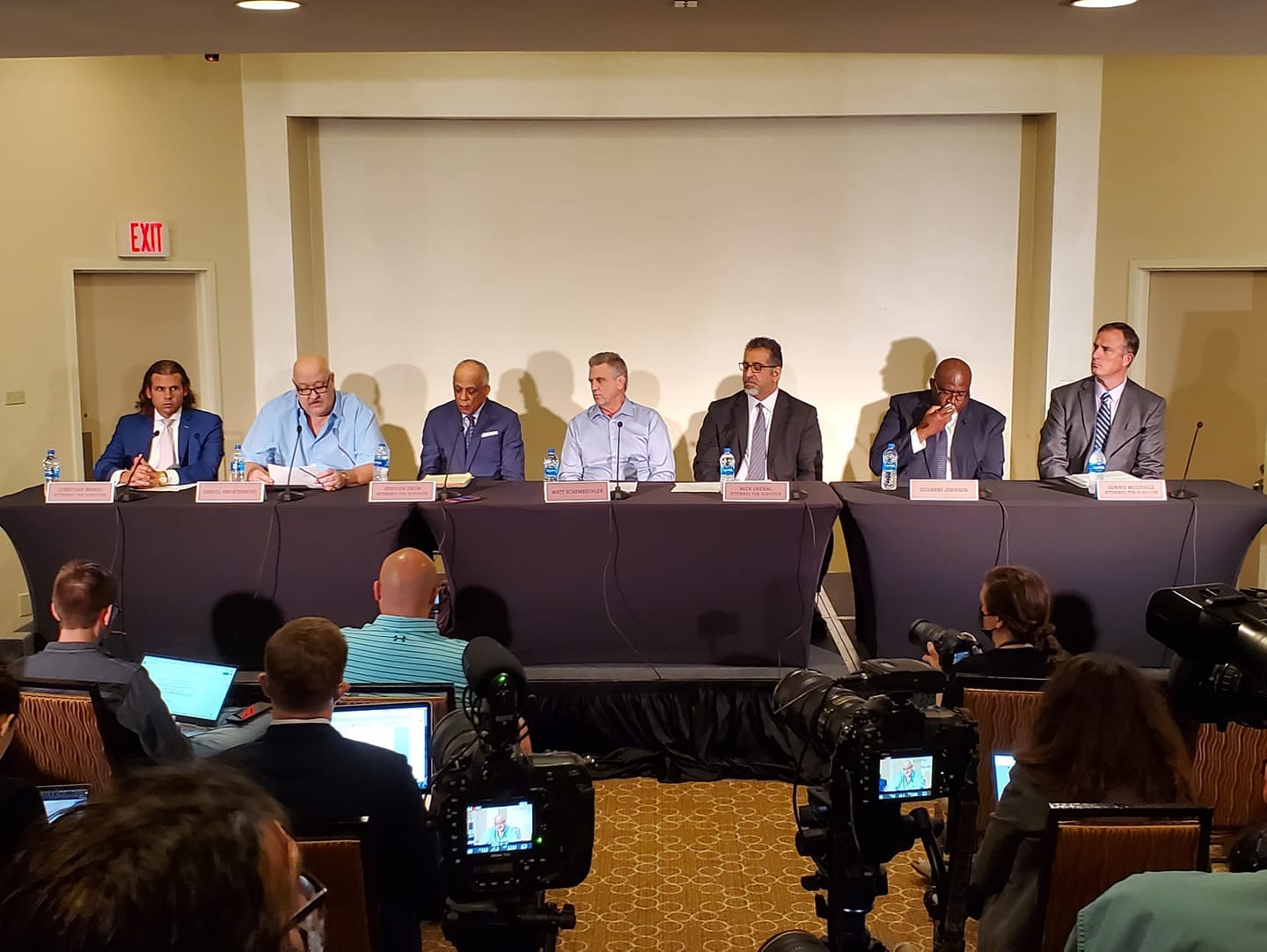
“We are talking about a predator pedophile who was protected by Bo Schembechler,” Mick Grewal said during a press conference in which Matt Schembechler and 2 former U of M football players discussed how they were sexually abused by team physician, Robert Anderson. Matt reported that he was only 10 years old when Anderson sexually assaulted him by giving him a rectal exam and performing “extended cupping” of his penis. Matt told his father, U of M football coach Bo Schembechler, about the sexual assault immediately after it occurred in 1969. Bo told his son that he “didn’t want to hear this” and punched Matt in the chest. Matt also told his mother, a nurse, about the abuse, and she reportedly informed the athletic director, Don Canham. Canham fired Anderson, but Bo reportedly had Anderson reinstated as team physician. Bo allegedly said that he “needed” Anderson.
According to University of Michigan’s Independent Investigation, shortly before Anderson resigned from his position as director of University Health Services in 1980, Canham wrote a memo to Vice President of Student Services, Henry Johnson, stating that Anderson should continue to work as U of M team physician, stating that the Athletic Department would be in a “bad position” if Anderson did not continue to work with the team.
Two other survivors of Anderson’s sexual abuse also spoke at the press conference. Both reported that Bo knew that Anderson was sexually abusing athletes. Daniel Kwiatkowski, who was an offensive tackle coached by Bo in the 1970s, said that Anderson first abused him during a mandatory physical when he was a freshman, and then abused him 3 more times. After the first physical, Kwiatkowski told Bo that Anderson had groped his genitals and inserted fingers in his rectum. The coach told Kwiatkowski to “toughen up,” and continued to send him and other players to Anderson.
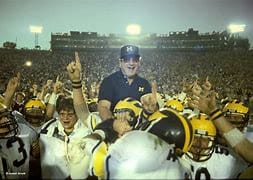
Gilvanni Johnson, a wide receiver in the 1980s, was sexually assaulted over 15 times by Anderson. Johnson said that Anderson fondled his genitals, tried to arouse him, and put his finger in Johnson’s anus. Johnson reported that this was very painful and that he felt humiliated and confused. After the second visit with Anderson, Johnson told Bo that Anderson had penetrated his anus and played with his genitals. Bo told Johnson that he would “check on that” with the medical staff. Johnson never heard back from Bo. Other players told Johnson not to bring it up with him again or Bo may pull his scholarship.
Johnson and Kwiatkowski emphasized that Bo and other U of M officials were well aware of Anderson’s inappropriate examinations of student athletes. They reported that Anderson was referred to by athletes as “Dr. Anus,” and that athletes would be threatened with a trip to see “Dr. Anus” if they had poor performance.
ANDERSON’S 37 YEARS OF SEXUAL MISCONDUCT AT U OF M INCLUDES SEXUAL ABUSE OF CHILDREN
U of M’s Independent Investigation into sexual allegations against Anderson found that Anderson engaged in sexual misconduct during his entire 37 years as a U of M employee, which spanned from 1966 – 2003.
As a U of M employee, Anderson engaged in sexual abuse, sexual harassment and sexual assault of patients on “countless occasions.” He
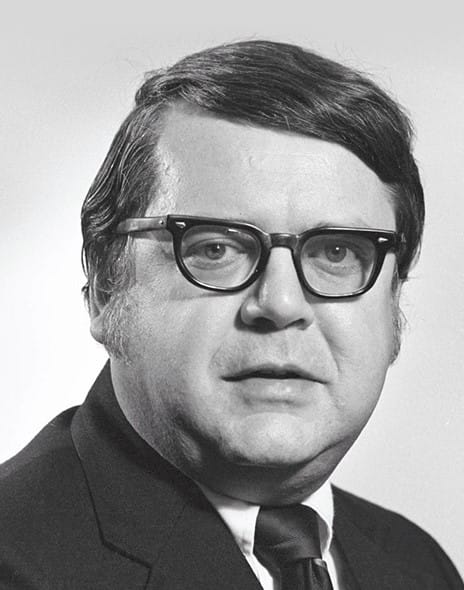
sexually abused, assaulted and harassed U of M students and athletes as the team physician, director of U of M’s student health services, and as a private practice physician in a clinic which was purchased by U of M in 1995. Anderson also gave physicals to children playing for the Junior Wolverines, which is how Matt came to be examined by Anderson. At least one other person has claimed to be sexually abused by Anderson at age 10, while playing for the Junior Wolverines. (This person is a Grewal Law client and has agreed to let the firm tell his story publicly.)
Indeed, there are numerous reports of young children, teenagers, and adults being sexually abused by Anderson. One of our clients, who gave us permission to write about his abuse, was sexually abused at Anderson’s private practice from age 15 up until he was 38. Anderson touched this patient’s genitals for an extended period of time and anally penetrated him at every single visit.
WHEN UNIVERSITY OFFICIALS FAIL TO PROTECT PATIENTS & CHILDREN
Why aren’t coaches and other university officials more protective of athletes – and all patients that may be seen by a team physician? Joe Paterno did not take any steps to report Jerry Sandusky when he was informed by a graduate assistant that Sandusky had sexually abused a child in the shower. Our client, Larissa Boyce, told her MSU gymnastics coach, Kathie
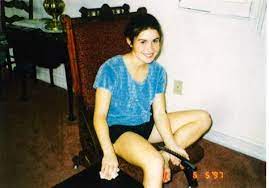
Klages, that team physician Larry Nassar had penetrated her vagina with his finger, and Klages not only failed to report this conduct to anyone (including Boyce’s parents), but she interrogated Boyce and convinced Boyce that she had misunderstood what Nassar had done to her. This was in 1997, when Boyce was 16 years old. Boyce was assaulted many more times by Nassar after that – at over 100 treatment sessions with him. Nassar worked for MSU and assaulted athletes and students up until 2016. He also sexually abused very young children.
Matt Schembechler, who was a small child when abused by Anderson, told reporters that Anderson “was supported by a culture that placed the reputation of the university above the health and safety of the students.” This culture appears to be present throughout many universities, given the numerous sexual abuse investigations at universities over the last several years.
The failure of universities to meaningfully investigate suspected sexual abuse can lead to the sexual abuse of hundreds and even thousands of people, including children. As investigations of multiple universities have shown, people held in high esteem and in positions of power are
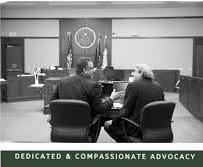
often able to flourish as predators.
The courage of survivors to come forward and discuss their abuse will not only help them heal, but it will help other survivors as well. And hopefully universities around the world increase awareness of sexual abuse, initiate sensitivity training for all employees, and implement strategies for reporting any suspected instances of abuse. Coaches and other university officials must learn to put the health and safety of students – and all patients – above a university’s reputation and winning record.
See our other articles from this series:








